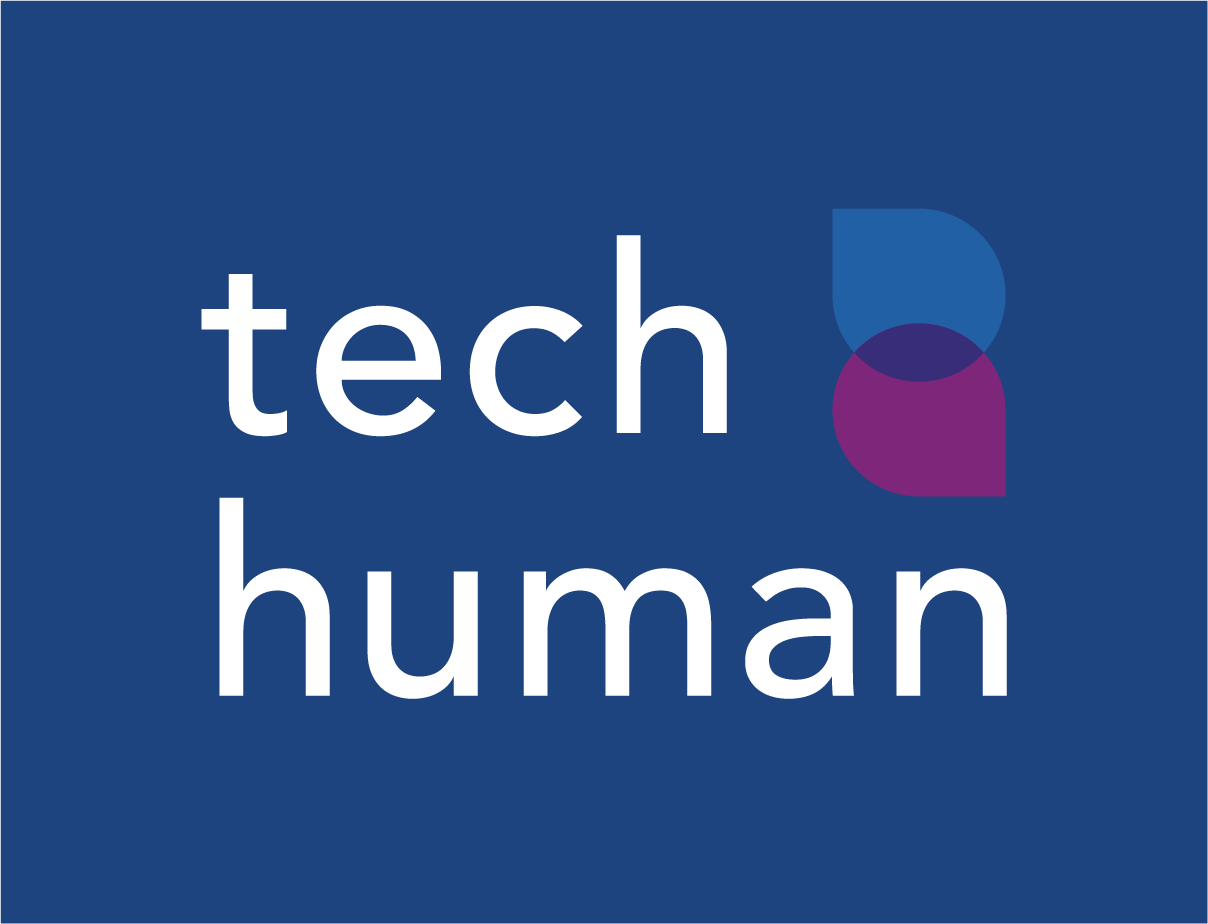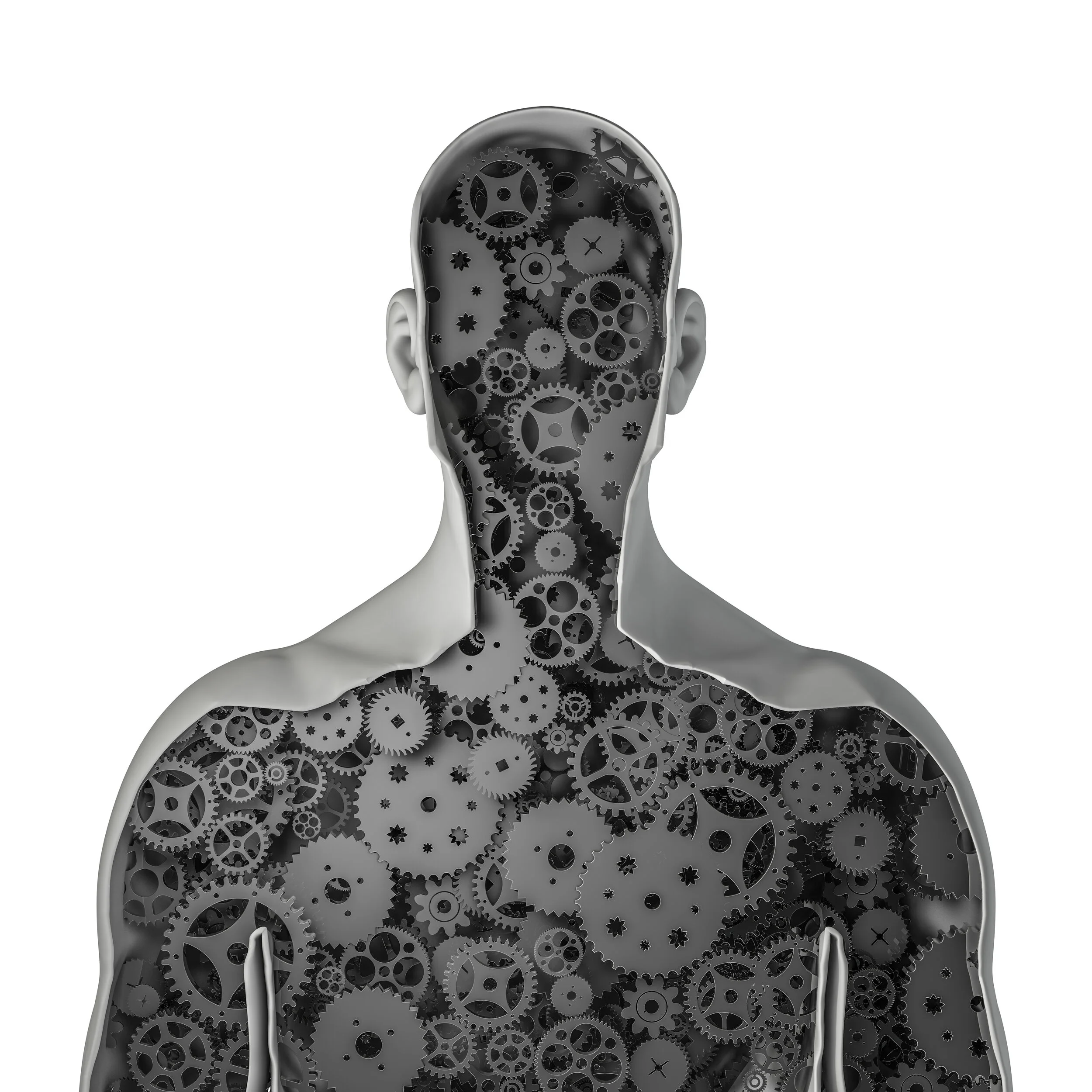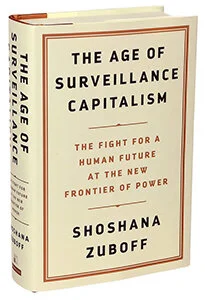Collectively, we have been talking with a wide range of specialists across many disciplines. There is massive interest in these issues. In some areas we have found unquestioning enthusiasm, in other areas quiet concern. Some people we speak with are frightened at the scale and pace of change.
Read MoreSpeed of change and unforeseen consequences - it's only 11 years since the first Apple iPhone was launched. Nobody foresaw how smartphones would change our world and our behaviour. An infamous slogan of Silicon Valley is "Move fast and break things" - the naïve assumption is that disruption is always positive.
Read MoreWe are in the relatively early stages of a global ‘Digital Revolution’. Technology is driving unprecedented changes across most aspects of life and work. The pace and scale of that change is accelerating relentlessly. The combination of always-connected devices, Big Data and Artificial Intelligence (AI) are combining to change human life irreversibly.
Read MoreSherry Turkle has an important and influential voice in current debates about interactions between humans and machines. She trained as a psychoanalyst and joined the MIT computer science department in the 1970’s, working with the celebrated computer pioneer Joseph Weizenbaum.
Read MoreHuman beings have always tried to understand themselves by comparison with the leading technologies of the time. For many centuries of the medieval period and beyond precision clockwork mechanisms represented the pinnacle of technological creation, and it seemed obvious to many thinkers that the human body must represent some kind of clockwork mechanism.
Read MoreCarl Frey is an economist at Oxford University where he directs the Future of Work programme at the Oxford Martin School. He was the co-author of an influential 2013 paper entitled “The Future of Employment. How susceptible are jobs to computerisation?”. His recent book continues the same theme, analysing the effects of increasing automation on different types of employment, but from a practical and well-informed historical perspective.
Read MoreShanahan is Professor of Cognitive Robotics at Imperial College London, and writes with authority and clarity about the possibility of a “singularity” in information technology, a sudden and disruptive increase in AI capability which would have unique and transformative effects on human history.
Read MoreTegmark is a MIT physicist who was one of the founders of the Future of Life Institute, dedicated to the study of risks to the future existence of humanity from multiple threats, including super-intelligent AI.
Read MoreThe French philosopher Jean Baudrillard argued that postmodern culture had become so reliant on representations of reality that it had lost contact with the real world. In his 1988 work Simulacra and Simulation he wrote …“It is no longer a question of imitation, nor duplication, nor even parody. It is a question of substituting the signs of the real for the real”.
Read More“The Age of Surveillance Capitalism” is an important work: describing the massive, shadowy forces that are driving much of the Digital Revolution in the West. Reading it will cause you to consider whether we are being swept unwittingly into digital people-hives constructed by Big-Tech solely for commercial gain and whether in the process we are inadvertently relinquishing human agency.
Read More










